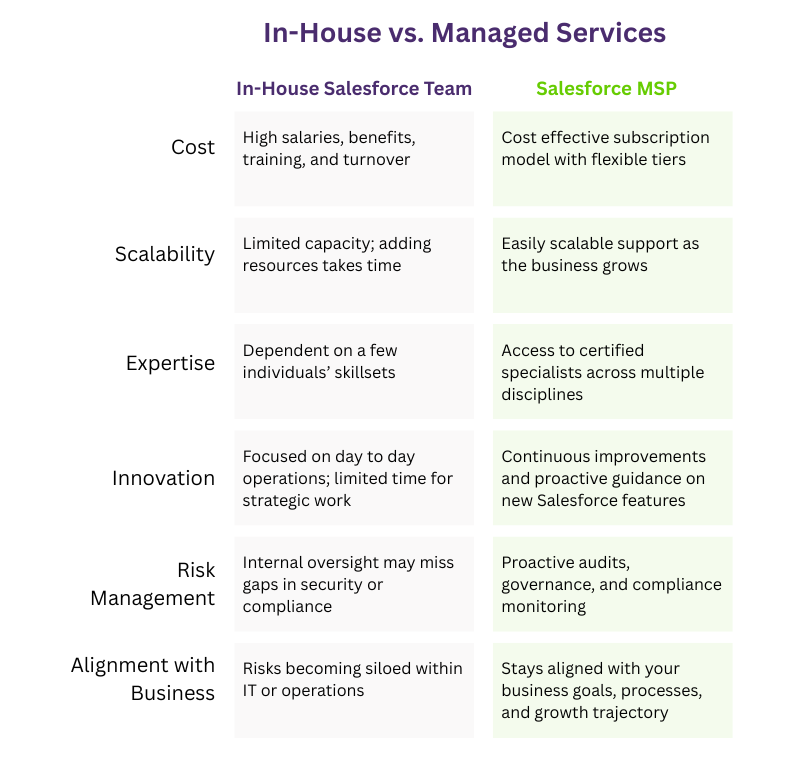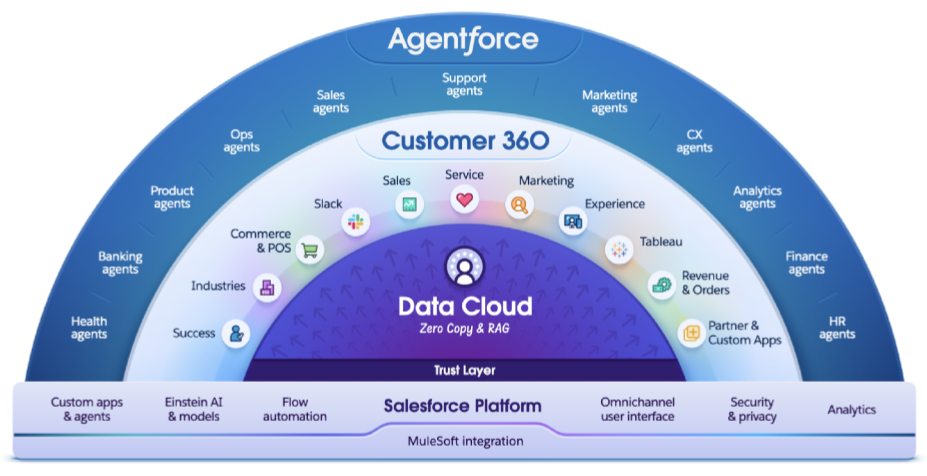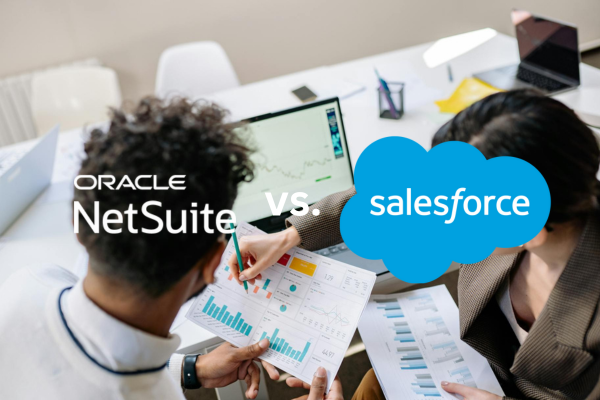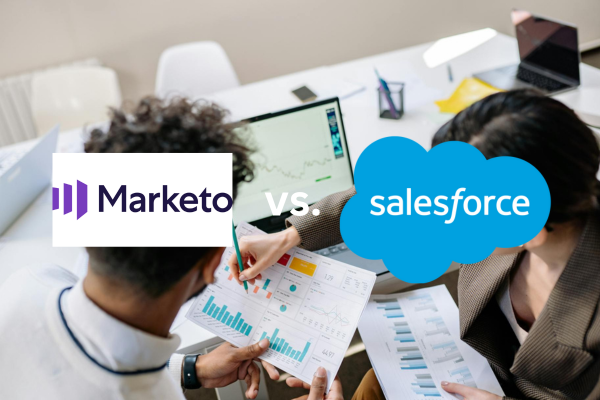When organizations invest in Salesforce, they expect measurable business impact. But too often, after go-live, companies discover that running a Salesforce org effectively requires more than initial configuration. Managing user adoption, integrating new tools, and keeping pace with Salesforce’s frequent updates can quickly overwhelm an internal team.
This is where a Salesforce managed service provider steps in. By offering dedicated expertise and ongoing support, a provider helps businesses optimize their Salesforce investment long after implementation. Instead of relying solely on a house Salesforce team, companies can leverage managed services to fill critical skill gaps and keep the platform aligned with their business goals.
In today’s competitive environment, a Salesforce managed service provider is more than just technical support. It is a strategic partner that ensures your Salesforce org evolves as your business grows, enabling continuous improvements in sales, service, and marketing operations.
What is a Salesforce Managed Service Provider (MSP)?
A Salesforce managed service provider delivers ongoing support and expertise to help organizations get the most out of their Salesforce org. Unlike a one-time Salesforce consulting engagement, managed services are designed to handle the day to day needs of your system while also planning for future growth.
Typical services include:
- Administration and user management
- Enhancements to your existing setup
- Integration with other business process tools
- Data management, reporting, and analytics
- Guidance on new Salesforce releases and features
The role of a Salesforce managed service provider goes beyond troubleshooting. These partners work as an extension of your internal team, ensuring your platform stays aligned with your business. By combining technical knowledge with strategic insight, they help organizations build a system that continuously adapts as the business grows.
Why Businesses Need a Salesforce MSP
Most companies underestimate what it takes to sustain and evolve a Salesforce org long after go-live. An internal team often struggles to juggle the day to day demands of support, enhancements, integrations and marketing automation alongside broader strategic initiatives. These pressures can cause misalignment with business process needs, underutilization of features, and a slow decline in return on investment.
Key Challenges
Rising operational costs and inefficiencies
Companies leveraging Salesforce report average IT cost savings of 29% gain in employee productivity due to consolidated systems and automation efficiencies. One customer, Schneider Electric, achieved $2.7 million in IT savings over three years.
High ROI from advanced managed platforms
Organizations using Salesforce Marketing Cloud experience a staggering 299% ROI over three years. They also enjoy over $5 million in incremental revenue, 60% higher site conversions, 35% higher average order value, and a 60% reduction in campaign execution time.
Predictable, cost-effective support versus full time hires
Maintaining a full time administrator or expanding a house Salesforce team comes with salary, benefits, training and infrastructure overhead. Managed services offer a cost effective alternative with flexible subscription models. Gartner reports operational cost reductions of up to 30% when switching to managed IT services.
Reduced downtime and support costs through proactive management
Unoptimized CRM platforms incur growing support expenses—some estimates point to support cost increases of 20–30% annually. AI-enhanced managed services, including tools like Agentforce, can cut support costs by up to 50% by automating repetitive cases and preventing disruptions.
A Salesforce managed service provider helps eliminate these roadblocks by offering cost effective expertise on demand. Instead of hiring a full time administrator or expanding a house Salesforce team, businesses gain access to certified professionals who can provide the right level of support exactly when it is needed.
Related Article: Salesforce Technical Debt (and How to Avoid It)
This model ensures that Salesforce stays aligned with your business and continues to deliver value as your business grows. With the right partner in place, organizations can focus less on system maintenance and more on achieving their larger business goals.
The Strategic Value of a Salesforce Partner
A Salesforce managed service provider does more than just keep the lights on. The real value comes from strategic alignment, scalability, and continuous improvements that directly support your business goals. By combining technical expertise with business insight, an MSP ensures that your Salesforce org becomes a growth engine rather than a maintenance burden.
Related Article: The Ultimate Salesforce Implementation Checklist
Benefits of a Salesforce MSP
Cost Efficiency
Working with managed services is often more cost effective than expanding a house Salesforce team. Instead of paying for full time resources, businesses can scale support up or down depending on their needs. This flexibility provides predictable spending while avoiding unnecessary overhead.
Expertise on Demand
Salesforce is a fast-moving ecosystem, with three major releases every year and constant innovation across areas like Marketing Cloud, automation, and AI. A Salesforce managed provider gives you access to certified experts who stay current on best practices and can apply them directly to your org.
Innovation Enablement
Many organizations struggle to take advantage of new Salesforce capabilities because their internal team is focused on day to day operations. An MSP can dedicate time to exploring new features, recommending improvements, and aligning your system with emerging business process requirements.
Risk Reduction
Data security, compliance, and governance are high-stakes issues. A Salesforce managed provider proactively monitors your org, conducts regular audits, and reduces the risk of errors or downtime that could disrupt the business.
Related Article: CRM Implementation Services Explained: Strategy, Cost, & Value
Strategic Alignment for Growth
Perhaps the most important value lies in ensuring your Salesforce org stays aligned with your business. As your business grows and your needs evolve, an MSP makes sure your CRM continues to support your objectives—whether that’s improving customer engagement through Marketing Cloud, streamlining service processes, or enabling cross-team collaboration. With the right partner, Salesforce becomes a platform for continuous improvement instead of a static tool.
Salesforce Managed Service Provider vs. In-House Management
One of the most common questions executives face is whether to build a full time house Salesforce team or to rely on managed services. Both models have advantages, but the differences become clear when considering cost, scalability, and alignment with your business goals.

Related Article: Salesforce Outsourcing: A Strategic Play for Faster ROI
The Limitations of an Internal Team
- Recruiting, training, and retaining Salesforce talent is costly and time-consuming.
- A small internal team often becomes overwhelmed by day to day support requests, leaving little capacity for innovation or strategic projects.
- Knowledge gaps can emerge quickly, especially as Salesforce introduces new features across Marketing Cloud, AI, and automation.
The Advantages of Managed Services
- A Salesforce managed service provider gives you flexible access to specialists across administration, development, and strategy without the overhead of multiple full time hires.
- Managed services provide cost effective support that can be scaled up or down as your business grows.
- Providers proactively introduce continuous improvements and ensure your Salesforce org remains aligned with your business.
The Hybrid Approach
The best results often come from blending both models. An internal team maintains institutional knowledge and manages core processes, while a Salesforce managed provider brings the specialized expertise needed for complex initiatives, integrations, and marketing automation. Together, they create a balanced structure that keeps Salesforce running efficiently while driving innovation.
How to Choose the Right Provider
Selecting the right Salesforce managed service provider is critical for ensuring your Salesforce org continues to support your business goals as your business grows. The right partner should not only handle day to day maintenance but also provide strategic guidance, continuous improvements, and align with your business processes.
Key Criteria to Consider
Proven Salesforce Expertise
Look for providers with certified professionals and a track record in Salesforce consulting across clouds such as Sales Cloud, Service Cloud, and Marketing Cloud. The provider should have experience managing organizations of your size and complexity.
Flexible Support Models
Evaluate whether the provider can offer cost effective packages that scale with your business. Whether you need ongoing full time support or intermittent project-based help, the model should fit your organization without overextending your budget.
Strategic Alignment
The provider should demonstrate the ability to keep your Salesforce org aligned with your business goals, supporting marketing automation, business process improvements, and cross-team collaboration.
Proactive Continuous Improvements
The right MSP will actively recommend upgrades, integrations, and process enhancements, rather than just reacting to issues. Continuous improvements keep your Salesforce org optimized and future-ready.
Cultural and Operational Fit
Your provider should integrate seamlessly with your internal team. Communication, responsiveness, and shared understanding of priorities are critical for day to day success.
Choosing the right Salesforce managed service provider ensures your Salesforce org is more than a tool—it becomes a strategic asset that evolves with your business. The right partner will reduce operational burden, improve ROI, and help your organization achieve its broader business goals.
The Business Impact of a Salesforce MSP
Partnering with a Salesforce managed service provider delivers measurable impact across operations, sales, marketing, and overall business growth. By outsourcing day to day management and tapping into specialized expertise, organizations can focus on strategic initiatives while their Salesforce org continuously evolves to support business goals.

Tangible Outcomes
Increased Adoption and User Satisfaction
With proactive training, support, and system optimization, user adoption rates improve significantly. Employees can focus on using Salesforce to drive business outcomes rather than troubleshooting or learning through trial and error.
Faster Time-to-Value
Managed services streamline processes, implement automation, and optimize integrations, enabling the organization to realize ROI faster. Marketing automation and tools like Marketing Cloud can be leveraged efficiently to drive campaigns aligned with business objectives.
Enhanced Sales and Marketing Alignment
Salesforce managed services ensure that sales, service, and marketing teams share accurate, real-time data. Campaigns become more targeted, cross-team collaboration improves, and strategic business goals are consistently supported.
Reduced Costs and Improved Efficiency
Compared to hiring a full time house Salesforce team, managed services provide a cost effective model. Operational expenses are predictable, support requests are handled efficiently, and resources are freed for higher-value work.
Continuous Improvements and Scalability
Managed providers proactively optimize your Salesforce org with regular audits, upgrades, and process enhancements. As the business grows, the system scales seamlessly, supporting new workflows, integrations, and marketing automation campaigns.
By combining technical expertise with strategic alignment, a Salesforce managed service provider ensures your Salesforce org is not just maintained but continually optimized. The result is a platform that grows with your business and delivers ongoing value.
Ready to Maximize Salesforce?
A Salesforce managed service provider is more than a support solution. It is a strategic partner that transforms your Salesforce org into a continuously evolving platform aligned with your business goals. By combining expert guidance, scalable support, and proactive improvements, these providers enable organizations to unlock the full potential of Salesforce, drive efficiency, and sustain growth as the business grows.
Partnering with the right provider ensures your Salesforce investment delivers measurable impact—optimizing day to day operations while enabling innovation and long-term success.
For organizations looking to maximize ROI and future-proof their Salesforce org, the question is not if you need a managed service provider, but how quickly you can leverage one to accelerate results.










